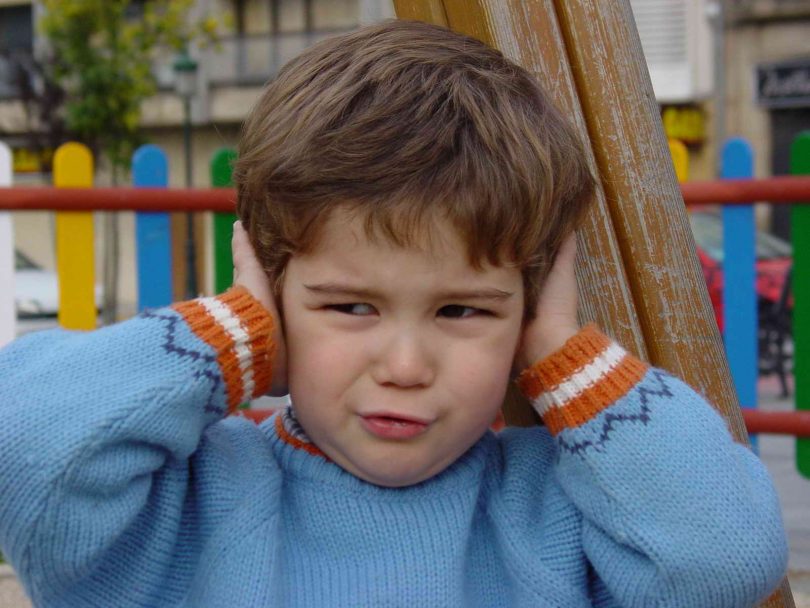A study in South Korea suggests that long-term exposure to nighttime noise can contribute to male infertility.
Before we start: No, noise is not pornography’s miracle contraceptive. Birth control isn’t the reason for the goofy groans and shrieks of people in front of cameras in southern California. That remains a mystery.
(Did you really think that was it? Okay. That might be why you have kids. Well, you’re in the right place. We can help you dad, dad.)
What study?
This one, in the scientific journal Environmental Pollution. It tested 206,492 males in South Korea between 2002 and 2005. 1.6%, or 3,293 of them, were infertile by 2013.
What did it find out?
Four years of nighttime exposure to sound levels of more than 55 decibels was found to be ‘significantly associated with a reported diagnosis of male infertility’. The likelihood of infertility was also found to increase for each 10 decibels of nighttime noise above 55 decibels.
The study’s authors made sure to adjust their data to minimise the effects of age, exercise, BMI, history of disease, and more. However, the nature of the study meant that it was unable to control for genetics and exposure to other factors, such as chemicals.
How much noise?
55 dB is the WHO’s 2009 interim target for nocturnal noise levels in Europe. Above that level, there is evidence of a number of public health risks, from stress and irritability to higher blood pressure and increasing chances of cardiovascular disease.
For reference, 55 dB is between the sound level of light traffic on a suburban street, and that of a conversation in a public place.
What does it mean?
We are not well adapted to noise. In nature, loud sounds (like shouts, roars and thunder) usually indicate something dangerous. Even today, they are still likely to trigger the body’s stress response.
Moreover, a number of studies have already suggested that ongoing exposure to continual sound can lead to excess levels of cortisol, which can work to lower testosterone. Another recent report found links between very noisy working environments and low levels of testosterone and poor semen quality. A number of ageing rock bands may be in the process of contesting this finding.
All of these studies have limitations, and cannot control for all of the factors that can contribute to infertility. Nevertheless, it may be better to be safe than sorry.
For both adults and children, the health benefits of living in a quieter area are wide-ranging. In the meantime, thick curtains, earbuds and triple-glazing might keep your mind at ease.








